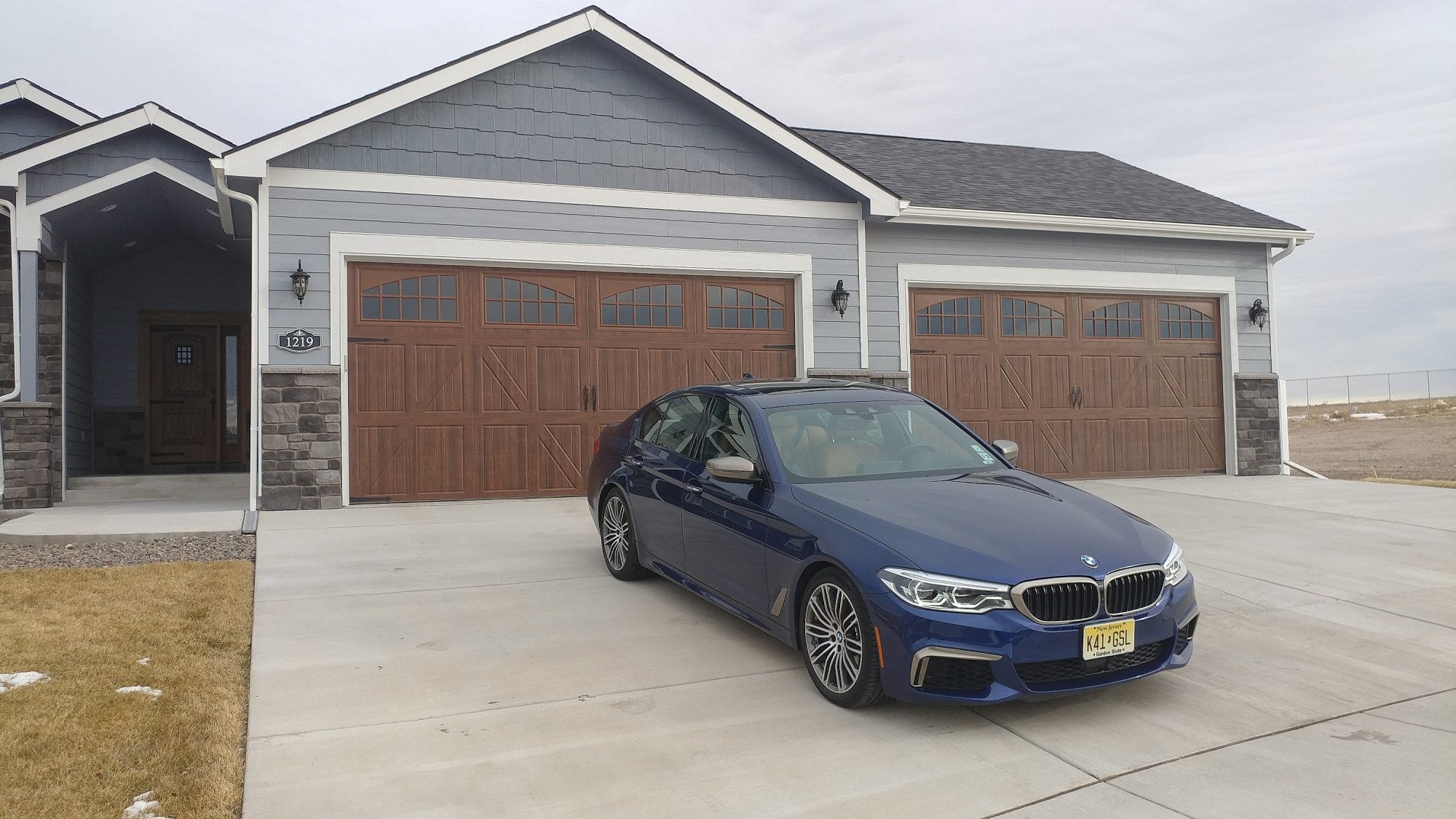As consumers, we purchase vehicles based on a lot of criterion. Surveys, in fact, show that most car buyers who are purchasing for personal use will choose cars for a variety of reasons, depending on the person. Some look for style, others for economy, and others for color. There are literally hundreds of things people will consider when purchasing a new car. Most of them are not related to expected returns, taxes, or long-term economics.
When purchasing a new car for a business, however, things change. Questions of economics, such as returns on investment, taxes, and more are at the forefront. The purchase must, in short, make business sense. This means that if you lease a BMW for your business, you’ll need to consider all of the concrete, quantifiable reasons for doing so.
Vehicle purchase statistics are showing that leasing is becoming more popular among business buyers, whether it’s for dedicated business use or a mixture of personal and business use. The more costly the vehicle, the more likely it is to be leased if it’s a business purchase.
What Is a Lease?
Before we look at the reasons to consider leasing versus buying, let’s look at what leasing is. In a nutshell, a lease is the long-term rental of a vehicle with the payment being based on the expected depreciation plus a few costs rather than being based on the full purchase price of the vehicle. Thus a $60,000 car might lease for only $250 a month because the lease itself is only financing $32,000 (expected three-year depreciation, plus fees) instead of the full sixty thousand.
The “buyer” or lessee of a vehicle under a lease is not purchasing the vehicle, but is instead paying for exclusive access to it for a period of time. Like a rental, this means that the vehicle is under the temporary ownership of the lessee for the duration of the agreement. Most leases are for three to five years. The vehicle must then be returned to the owner (usually a bank, dealership, or manufacturer). Most leases have very clear expectations for the lessee and the lessor, including: Mileage, maintenance, insurance coverage, etc.
Taxes and Leasing
For most businesses, taxes are the primary reason to consider leasing. A business purchase can write off the entire monthly payment without complicated mathematics for most leases. Why? Because a lease is based on the depreciation of the vehicle, not on the vehicle’s up-front price tag.
Depreciation is the business expense most-associated with long-term purchases such as a vehicle. To go with that, the next expense, maintenance, is often also lumped in with a lease’s costs in order to require that the maintenance be done at an authorized dealership. This means that outside of the lease payment, the only expense to be calculated for the vehicle’s tax claims is fuel.
Limitations of Leasing
The clearest limitations for most leases on vehicles are mileage and length of ownership. The mileage question is clear: if your business will have a fairly predictable mileage-per-year use for the vehicle, then the lease can be tailored to that. If not, the lease’s mileage limits or expectations may be off-balance when the lease ends. Rarely does a lease offer more to the lessee if the mileage of the vehicle is below expectation and always will a lease punish the lessee for going over mileage limits.
The other expectation, ownership, is also a limit. The lessee (your business) does not have ownership of the vehicle. Thus any changes made to the vehicle, such as modifications or upgrades, must be approved by the owner (bank, dealership, etc) before being done. Some changes may mean a full rewrite of a lease because the change directly affects the vehicle’s value. Other changes may be denied outright.
The length of ownership is also fixed in a lease. The term, which is usually three years, requires that the lessee give up the vehicle at the end of the lease. There is sometimes a buyout option, allowing the lessee to purchase the vehicle once the lease is over, but the price is usually a premium compared to the resale value of the car.
Benefits of Leasing
Outside of taxes, there are other tangible benefits for a business when leasing a vehicle. The primary benefit is a lower monthly payment. Because a lease’s “loan” is based on a number far smaller than the purchase price of the vehicle, the monthly payments are usually far lower as well. This makes things more affordable and predictable. It’s for this reason that leases on luxury vehicles are popular, for example, as they allow a purchase far above the economics of the buyer.
Taxable gains and losses (again with the taxes!) are another benefit for leased vehicles. When a purchased vehicle is bought or sold, there are taxable gains or losses to consider–profits or losses the business must add to the bottom line. With a lease, those are no longer a consideration as the business does not actually own or have to sell the vehicle at the end of the lease. The lease is up, the vehicle is no longer on the business’ books. Simple.
Conclusions
In short, for a business, there are a lot of reasons a lease will be appealing. It’s best to consult with a tax expert about your business’ specific needs and not take our word for it. The business case may or may not make sense for you, but the reasons for choosing a lease are often compelling.







